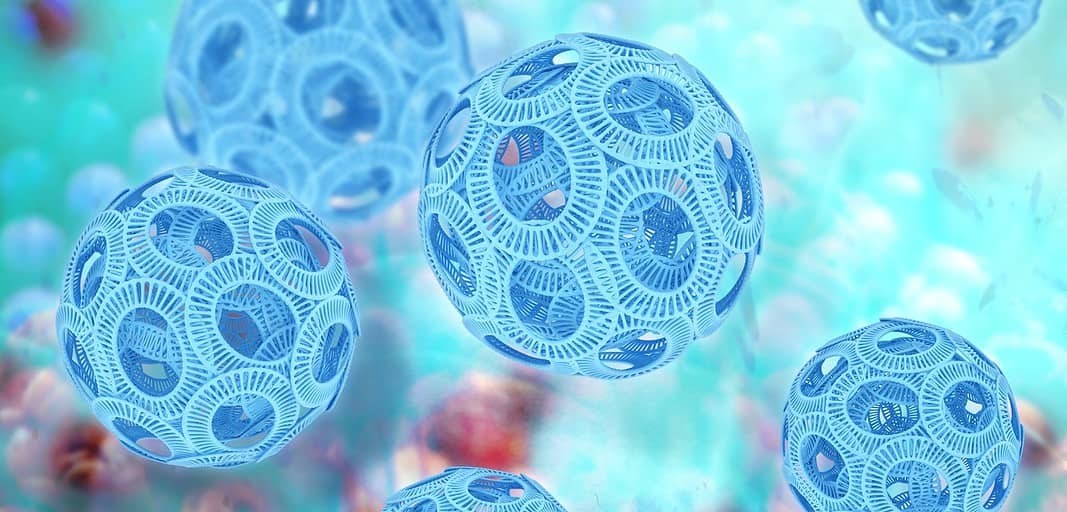Researchers have found links between climate change and coccolithophores’ evolution, a species of ocean phytoplankton.
In a study that traced its evolution over 2.8 million years, the scientists found a link between climate change and biological evolution.
Researchers found that coccolithophores’ evolutionary cycles can be correlated to seasonal shifts in the earth’s orbit which occur every 400,000 years. This may also offer a greater understating of variations in the ocean’s carbon cycle, which also occurs every 400,000 years.
The researcher was conducted by an international team including scientists from Rutgers University.
According to Yair Roenthal, a Distinguished Professor at Rutgers and study co-author:
“The production of calcium carbonate by these prolific coccolithophore species likely impacted the chemistry of seawater and the oceanic carbon cycle, which in turn could have significant consequences for Earth’s climate through the ocean influence on the concentration of atmospheric carbon dioxide.”
If you’re scientifically inclined, you can read the full research article, published in Nature, here.

